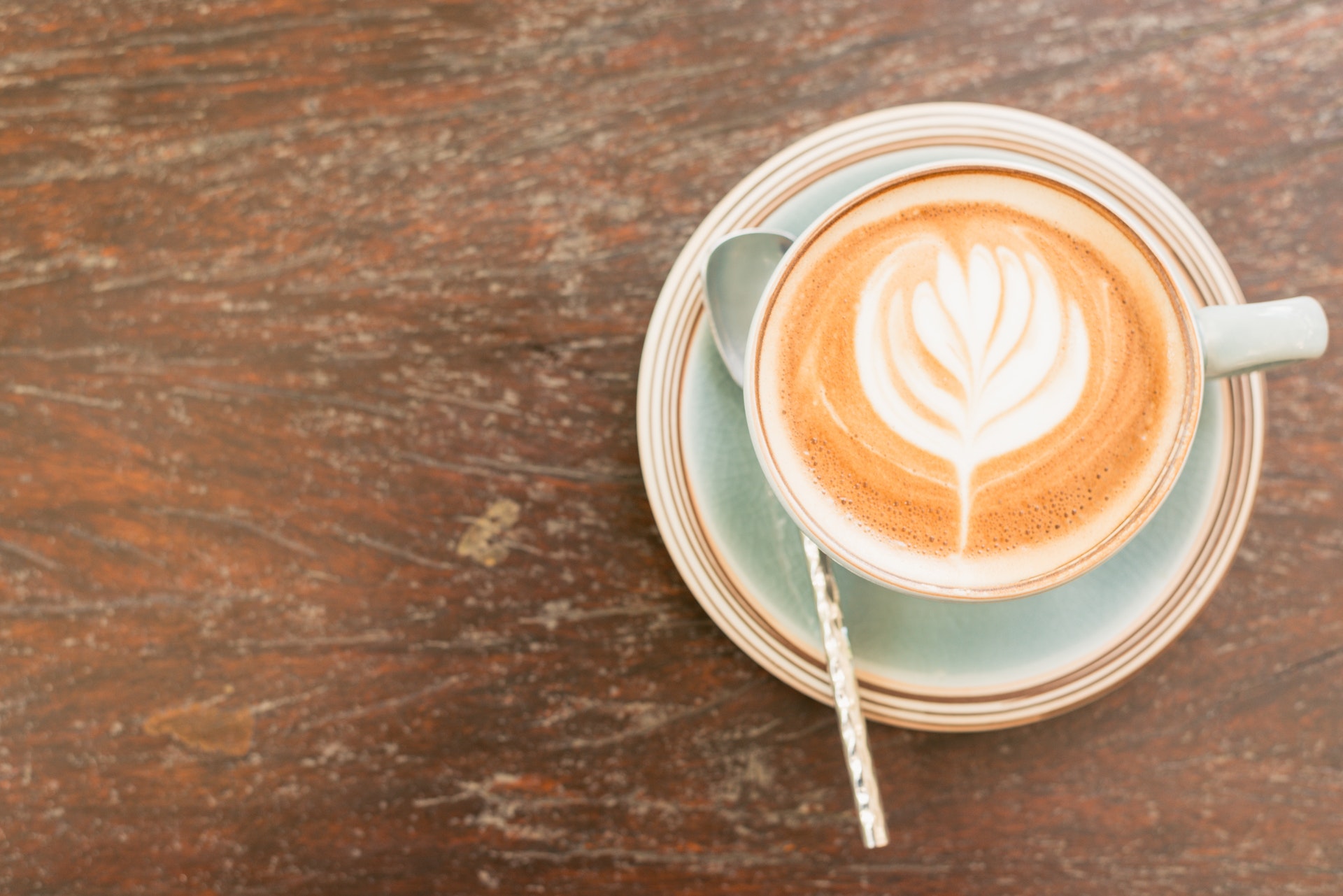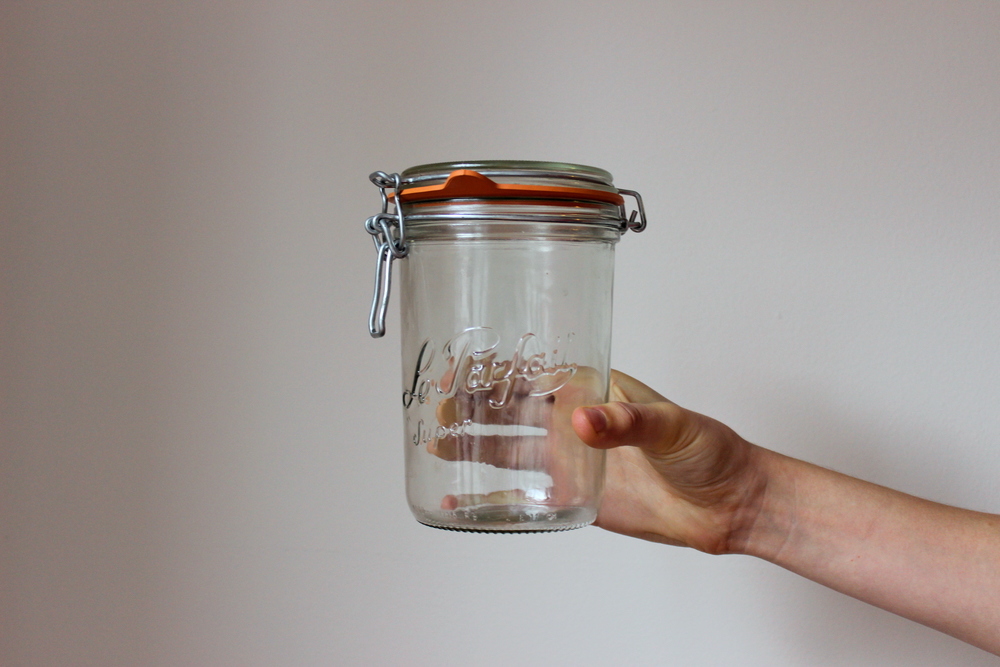Choosing To Refuse Single-Use Plastics Is Easy - Just Say No

I'm writing this post on a blustery, grey morning as I treat myself to hot chocolate at Starbucks. As I placed my order, I mentioned to the barista that I'd like my drink in a mug instead of a disposable cup and she obliged. Because I prefer my cocoa bitter, it was easy to dispense with the packets of sugar and the single-use plastic stirrer.
Lunch yesterday was had at Raghavendra Tiffins - a fast-paced, perpetually packed, standing-room-only joint that serves up rice plates and snacks, steaming hot and fragrant in areca leaf plates with steel spoons. Further down the road, the staff at Paaramparya, an organic grocery store politely turns me down when I go asking for oil without my own container. "Next time you'll have to bring your own bottle," she admonishes me with a smile, as she pours oil into a glass bottle that I'll have to return on my next visit. The store actively discourages supplying bags and plastic containers, and requires customers to bring their own boxes and bags.
Now, I'm usually the one making requests of servers, baristas and store assistants to cut the plastic when handing me my goods. I'm always ready to chime, 'No bag, please' or 'I won't need a straw with my drink, thank you'. So, it felt a bit strange to find businesses that were already two steps ahead in the no-plastic game.
It's easy when the business makes the choice for you by deciding not to give you a bag or a straw. The challenge is when you have to make the choice yourself. This is especially true in grocery stores that require you to pack each type of vegetable in individual plastic bags. There are numerous benefits to this mummification of produce: it saves you the time spent in rooting about in your shopping basket to retrieve each individual bhindi or potato that might have slid under its cart-mates. It makes the store assistant's job of weighing your produce faster and leaves you with a neatly organised refrigerator. Quick, easy, mess-free, right?
And this is why all grocery stores dread me. I dump all the vegetables and fruits and dry goods together in my cart, and strut to the billing counter, ready with my retort to the assistant who invariably begins tearing out plastic bags in an attempt to help me, or curtly informs me that I don't belong where decent people shop. To save him the trouble, I always help by sorting out my produce and loading each individual category on the scale before putting them into my bag. He sees how much plastic has been saved and that it's possible to do without asphyxiating all the vegetables. Yes, a stray carrot will make its way alongside some beans, and the whole exercise will vex the people in line behind me. But they see someone doing things differently and it piques their interest.
I ask for price tags to be stuck on a single large item - a papaya or pumpkin, for instance, to make it easier at final billing. My price tag-studded papayas are always a great conversation starter at the billing counter. The store staff has grown used to me now. Yesterday, as he began unrolling some plastic to wrap two bananas, the storekeeper looked up at me and froze midway before dropping his hand and grinning. 'It's become my habit to give plastic bags,' he said. That's exactly what our plastic consumption has become - a mindless habit that we've never stopped and questioned.
The reactions to my requests for no plastic have always been entertained - from the local bakery to the five-star hotel. I often hear shops and restaurants say that they are forced to stock plastic because customers demand it, that it is what stands between earning and losing business to a neighbour.
Last week, with the heavy monsoon rain, thousands of tons of garbage washed up on the shore of one of Mumbai's most iconic seafronts, laying bare all the filth we've been feeding into the sea over the years. The conversation around plastic is no longer the preserve of environmentalists and those living an 'alternative' lifestyle. Our waste is everywhere, on every street corner; and talk of what we can do to cut it down must occupy the same spaces.
The number of businesses willing to take the risk of ruffling customers' feathers by eliminating plastic from their establishments is, unfortunately, too small today. But, those willing to make the effort to accommodate your requests - for a straw-free drink, a reusable spoon, for takeout to be packed in your reusable box - makes me optimistic that the more we push for businesses to change, the more willing they will be to do so, and the harder they will strive to find alternative ways of doing things.
Yes, it's going to feel awkward at first to draw attention to yourself by holding up the queue at the store; your co-diners might roll their eyes when you make a scene by returning your straw or refusing a drink that comes in a plastic cup. But the more you make these requests, the more others see that it is possible to do things differently, and that is the first step in larger, permanent change.





